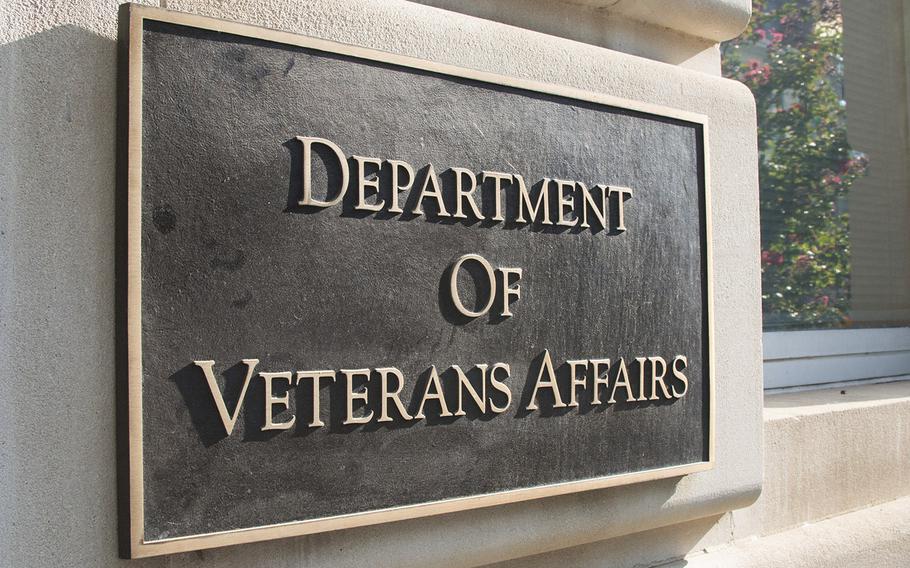
(Stars and Stripes)
WASHINGTON – The Department of Veterans Affairs is soliciting donors such as nonprofits to provide funds to construct, expand or renovate VA health care facilities.
The agency posted a request on the Federal Business Opportunities website Thursday for information from nonprofits, corporations or individual donors wanting to help with one of hundreds of possible capital projects.
The VA is allowed to accept outside donations for health care facilities under a pilot program approved last year by Congress and signed by former President Barack Obama. The program made it possible for a nonprofit backed by business leaders in Omaha, Neb., to commit $30 million for a new ambulatory care clinic at the Nebraska/Western Iowa Health Care System.
“Our strategic partnerships are one of many valuable tools that allow us to provide assistance to our veterans,” VA Secretary David Shulkin said in a statement. “Donations… will help us deliver health-care facilities for our veterans in a faster, more cost-effective manner.”
Shulkin has said divesting old, unused VA facilities and modernizing others is one of his top priorities for the department. About 57 percent of the thousands of VA facilities nationwide are more than 50 years old, and there’s a growing list of capital improvement projects.
The new law, titled the Communities Helping Investment through Property and Improvements Needed for Veterans, or CHIP-IN Act, will be in effect for an initial five years in order to test how effective the public-private partnerships work. It authorizes only five donations during that time.
The Omaha project is the first of those five.
Nebraska’s congressional delegation fought for the legislation after years of attempting to modernize the aging Omaha VA hospital, the Omaha World-Herald reported. The Senate appropriated $56 million to start the project in 2011, but plans were delayed by cost overruns on other VA construction projects. The overruns caused a funding shortfall that created a backlog of VA construction projects, and the Omaha facility languished.
The CHIP-IN Act was a bipartisan effort to bypass the congressional appropriations process and jump-start progress on the facility.
Walter Scott Jr., the co-founder of the nonprofit helping to pay for the Omaha clinic, told the Omaha World-Herald that the donation was “born out of duty to help those who have risked so much to save our country.”
The VA has four years left to have nongovernment entities help with four other projects.
Potential projects listed on the Federal Business Opportunities website were separated into three categories: primary and mental health care, inpatient and long-term care and research facilities. They are located in almost every state, and they range in purpose from a new women’s clinic in Loma Linda, Calif., to the renovation of a community living center in Des Moines, Iowa, and a spinal cord injury ward in Manchester, N.H.
Anyone interested in helping is asked to submit a questionnaire with financial strategy, donation amount and other information to the VA through the fbo.gov website by Jan. 15.
According to text of the CHIP-IN Act, donations can come in the form of property or the construction of a VA facility. The law requires the donor to initiate environmental and historical preservation reviews, comply with local zoning requirements, obtain construction permits and stay within the building standards of the VA. The Government Accountability Office is required to report every two years on the program and how it’s being used.
Wentling.nikki@stripes.com Twitter: @nikkiwentling